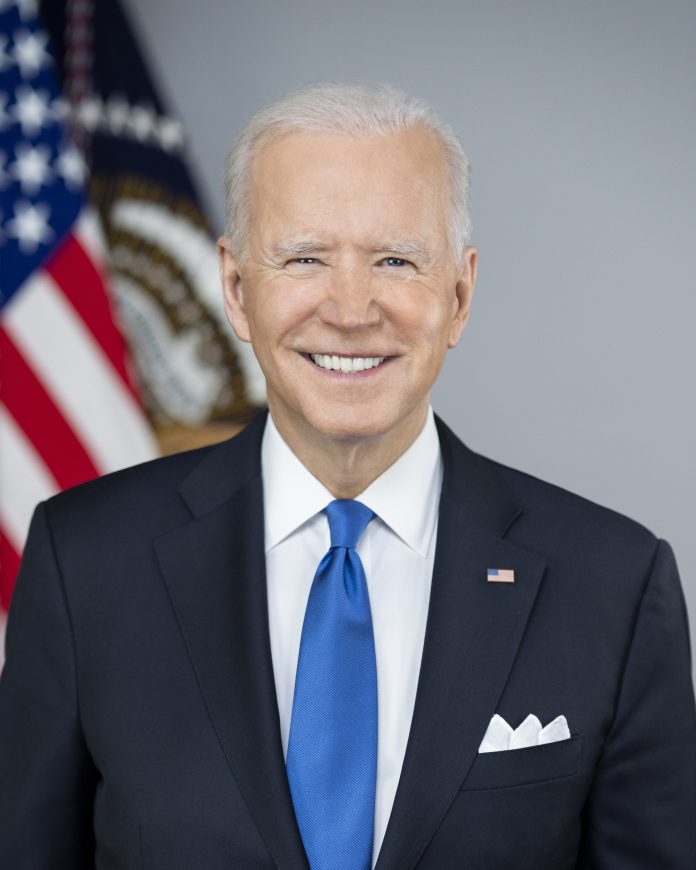During a speech last week, Biden said the Federal Trade Commission (FTC), which plays a similar role to Australia’s consumer watchdog, the ACCC, has started work on a rule to crack down on “unfair and deceptive fees” across all industries, naming resort and airline fees as examples.
“When you think you’re paying one price to book a hotel, you only find out after checking out that there’s a “resort fee” you never heard about that’s added to your bill,” he said describing the fees in question.
Resort fees refer to extra charges tacked onto hotel bills for the use of amenities like Wifi, gym access or printing your boarding pass.
Biden said the Department of Transport is also going after unfair airline fees, working on a rule that would require airlines to disclose fees upfront for things like choosing your seat, checking your baggage or changing your ticket.
“Some airlines, if you want six more inches between you and the seat in front, you pay more money. But you don’t know it until you purchase your ticket,” he said.
“LOOK, FOLKS, THESE ARE JUNK FEES. THEY’RE UNFAIR, AND THEY HIT MARGINALIZED AMERICANS THE HARDEST, ESPECIALLY LOW-INCOME FOLKS AND PEOPLE OF COLOUR.
“They benefit big corporations, not consumers, not working families. And that changes now.”
The FTC has released a call out to consumers seeking comment on the harm caused by “junk fees” and the unfair or deceptive tactics companies use to impose them.
According to the commission, these kinds of fees add up to tens of billions of dollars each year, driving up prices, making comparison shopping difficult and leaving consumers feeling powerless or cheated.
“It’s beyond frustrating to end up spending more than you budgeted because of random, arbitrary fees,” said FTC chair Lina M. Khan.
“No one has ever felt that a ‘convenience fee’ was convenient. Companies should compete to provide the best quality at the best price, not to see who can squeeze the most added expenses out of consumers. That’s especially true at a time when families are struggling with the effects of inflation.”

























